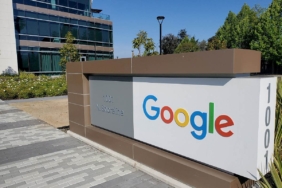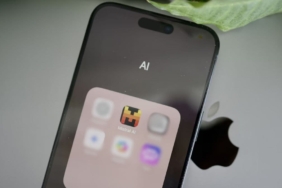U.S. prosecutors announced on Tuesday a comprehensive 14-count indictment against former Google software engineer Linwei Ding, alleging he stole trade secrets related to Artificial Intelligence (AI) to assist two Chinese firms for which he was clandestinely working.
The 38-year-old Ding, a national of China, faces charges from a federal grand jury in San Francisco, including seven counts each of economic espionage and theft of trade secrets.
Each count of economic espionage could lead to a maximum prison sentence of 15 years and a fine of $5 million (approximately Rs. 43 crore). In contrast, each theft of trade secrets count may result in a maximum sentence of 10 years and a fine of $250,000 (around Rs. 2.18 crore).
Ding, also referred to as Leon Ding, was initially indicted in March on four counts of theft of trade secrets. He is currently released on bond, and his legal representatives did not provide immediate comments regarding the latest charges.
This case is part of a coordinated effort through the interagency Disruptive Technology Strike Force, established by the Biden administration in 2023. The initiative aims to prevent the acquisition of advanced technologies by countries such as China and Russia, which poses potential threats to national security.
Prosecutors allege that Ding illegally accessed information pertaining to Google’s hardware infrastructure and software platform utilized for training large AI models in its supercomputing data centers.
Some of the allegedly pilfered chip blueprints were intended to enhance Google’s competitiveness against cloud computing competitors like Amazon.com and Microsoft, which produce their own chips and lessen Google’s dependence on Nvidia’s products.
Ding reportedly joined Google in May 2019, commencing his theft when he was approached to work for an early-stage Chinese technology firm three years later.
By May 2023, Ding allegedly uploaded over 1,000 confidential files and later shared a PowerPoint presentation with employees of a Chinese startup he established, highlighting that the country’s policies promoted the development of a domestic AI industry.
Google is not facing charges in this matter and has stated that it is cooperating with law enforcement officials.
During a December 18 hearing, court records indicate that both prosecutors and defense attorneys discussed a potential resolution to Ding’s case, although they also anticipate that the matter will ultimately proceed to trial.
The case is officially titled U.S. v. Ding, U.S. District Court, Northern District of California, No. 24-cr-00141.
© Thomson Reuters 2025
(This story has not been edited by NDTV staff and is auto-generated from a syndicated feed.)





